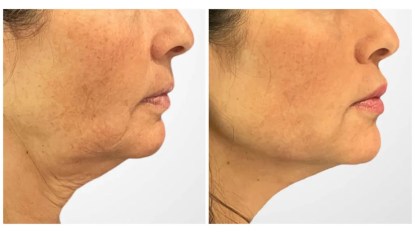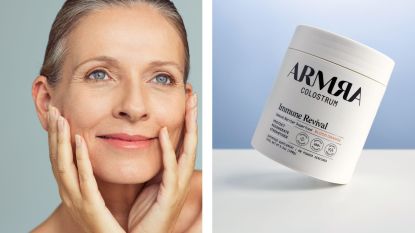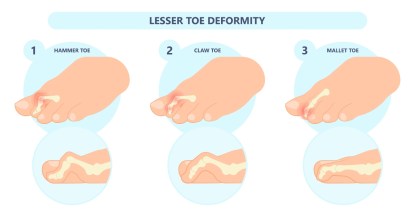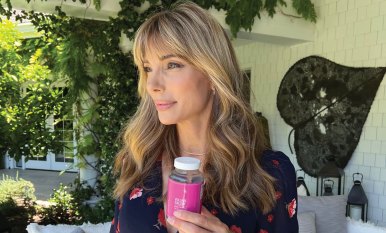Everything You Need to Know About the Anti-Aging Superhero Retinol
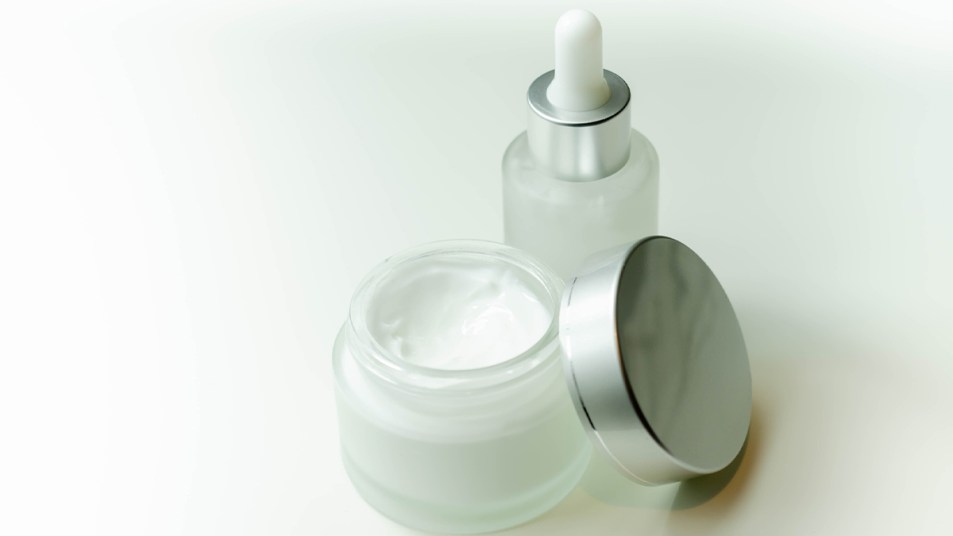
There’s no denying there’s a lot of buzz words floating around the skincare counter. From hyaluronic acid to collagen and vitamin C — reading the back of a serum bottle can be overwhelming to say the least.
So what ingredients should be in your serums and moisturizers? Well, one superstar ingredient you most definitely need to incorporate into your routine is retinol. The hard-working anti-aging wonder is known for gently smoothing the skin, enhancing cell turnover and paving the way for a clearer face. Here, we speak to Nutrogena skincare expert Dr Leona Yip, who answers all your important questions on the anti-aging benefits of retinol.
What is retinol, in simple terms?
Retinol is a type of retinoid (Vitamin A derivative) and is often considered the “holy grail” of anti-aging skincare. There is a lot of scientific evidence and years of clinical experience backing it as one of the most effective anti-aging skin care ingredients.
How does it work to fight the signs of skin aging?
Retinol helps increase skin cell turnover rate for continued skin renewal and to improve skin complexion. This is important as the usual 28-day cell turnover rate is prolonged as our skin ages, resulting in duller-looking skin that takes longer to shed from the skin surface. Retinol also stimulates collagen production, therefore helps to improve fine lines and wrinkles. Regular use will help reduce skin pore size, improve skin texture, and smoothness.
Is retinol safe to use on dry or sensitive skin?
People with dry or sensitive skin should introduce retinol with caution. This means in lower concentrations and build up slowly over time, using a moisturizer or soothing serums applied afterwards to counteract irritation.Retinol is known to impair skin barrier function as a side effect i.e. disrupts natural skin oils e.g. ceramides, fatty acids that maintain the waterproof barrier of the skin to maintain moisture and to keep irritants out. People with dry or sensitive skin usually already have impaired skin barrier function, therefore making it difficult for them to use retinol. Always seek medical advice from a dermatologist if irritation persists and for guidance on retinol skin care especially for anti-aging uses.
What is the difference between retinol and retinoids?
Retinoids is an umbrella term for the class of vitamin A derivatives. There are four main types of retinoids used in anti-aging skincare. In order from the least to the most potent of the retinoids are retinyl palmitate, retinol, retinaldehyde, and retinoic acid. Whilst retinoid acid is the most potent (therefore requires a prescription), it also has highest risk of skin irritation therefore difficult to tolerate by some. For those starting out with retinoids, I recommend using retinol first before graduating to stronger retinoids. Retinol is much better tolerated, and similar effects to retinoid acid can be achieved with more frequent and/or longer duration of use.
What should I look for when choosing a retinol-based product?
Start with a lower concentration and build up slowly with time. Retinol in cream or gel-based formulations are better for those with oily skin prone to breakouts. Oil-based formulations are better for those with dry skin and prone to irritancy.
What is the most common contributing factor to premature aging?
Sun damage by far, is the most common cause of premature wrinkling, with people most likely to experience fastest premature skin aging and wrinkles due to the naturally high UV exposure levels during the warmer months. Sun protection is the best and cheapest anti-aging prevention. Smoking, pollution, and a lack of sleep are other common factors that contribute to wrinkles.
What ingredients are the biggest “myths” when it comes to fighting premature aging?
Caffeine — best in coffee, not in anti-aging creams. It may have antioxidant and anti-inflammatory properties, but rarely produces satisfactory anti-aging results, such as improvement in pigmentation. I would put collagen supplements on top of this list too. There is minimal scientific evidence to support skin benefits from ingested collagen supplements. Most of it gets digested and will not get into the skin for meaningful benefit.
This article originally appeared on our sister site, Now to Love.


